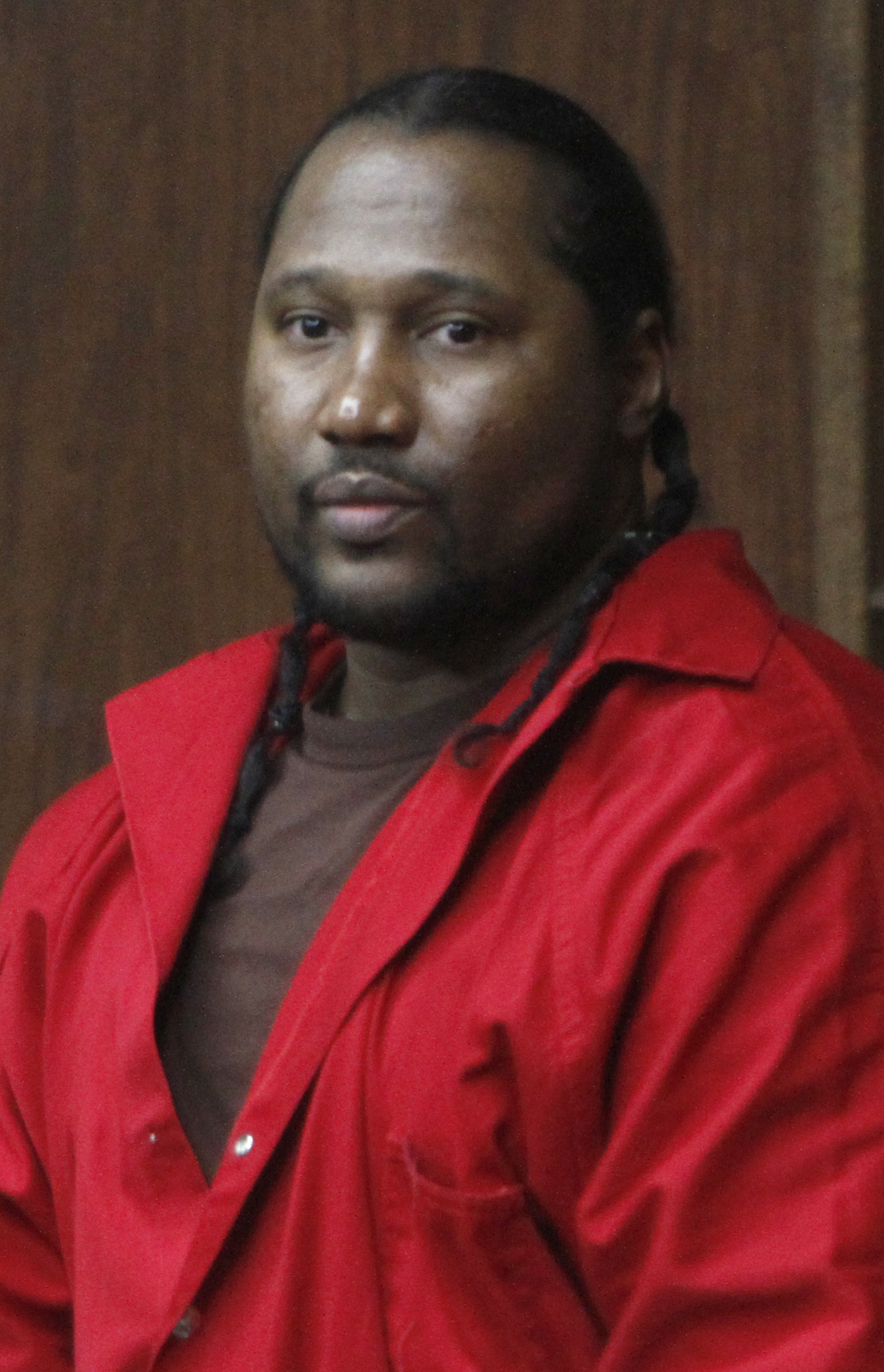A man who received two life sentences for two murders 20 years ago could see freedom soon.
On Tuesday, Criminal Court Judge Barry Steelman sentenced Fredrick Lemar Brown Jr., 38, to six years for voluntary manslaughter and accepted a guilty plea to second-degree murder, for which he sentenced Brown to 25 years.
Brown had faced life sentences after pleading guilty in 1993 to shooting Samuel Scott in 1991; he later pleaded guilty to killing Corey Strickland while free on bond from the Scott killing.
Because Brown already has served 20 years in prison, his now 31-year term can be reduced for parole eligibility or an expired sentence, meaning that once his records have been calculated he could be released in a matter of months or up to four years from now, said Tennessee Department of Correction officials.
Brown's attorney, Donna Miller, said her client was blessed to have an opportunity to receive parole earlier than expected and wanted to serve his community when released.
Prosecutor Neal Pinkston said Tuesday he was surprised at the jury's verdict in February, which found Brown guilty of voluntary manslaughter, not first-degree murder, his original plea.
"We're not allowed to say, 'Oh by the way, he already pled guilty to this but he's back,'" Pinkston said.
Evidence in the Scott trial showed that Brown spotted Scott working on a truck. Brown left to get a gun, had a friend drop him off around the corner and then walked up and shot Scott repeatedly as he chased him around the vehicle.
Miller argued that Scott had robbed Brown at gunpoint weeks before and Brown was confronting Scott to get his father's watch back, which had been stolen during the alleged robbery.
Scott's sister, Kenyetta Scott, stood outside the courtroom after the hearing Tuesday with Laticia Stanfield, Shuntal Wiley and Linda King, all family of Corey Strickland.
All said they are happy with the prosecutor's work but do not believe Brown's apology was sincere.
"His apology didn't mean much to me," said Stanfield, Strickland's niece. "He was looking at something he wrote down, something he prepared for."
Scott, who attended the entire February trial, was shaken by developments over the last few months in the case.
"The system is set up for the defendant and not the victims," Scott said. "I think that it's sad that a black man gets more time for selling drugs than killing."
As part of his plea deal at the time, the judge sentenced Brown to two life terms to run together. Life was a 60-year sentence with parole eligibility at 36 years.
But state law didn't allow concurrent sentencing for crimes committed while on bond. Brown appealed that decision under the sentencing laws, a risky move since he could have faced new trials in both cases and received consecutive sentences for both, effectively doubling his time in prison.
Jurors are not allowed, under most circumstances, to know of a defendant's criminal history to ensure a fair trial.

